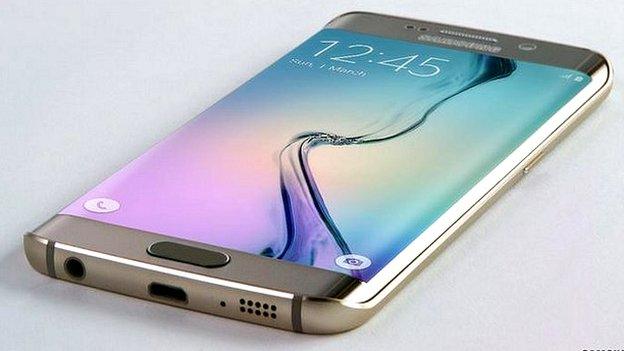Sharp creates 4K smartphone screen
- Published

Sharp makes screens for both its own phones and TVs, and other tech firms
Japan's Sharp has announced the first smartphone screen capable of showing images in 4K resolution.
The 5.5in (14cm) component packs in 806 pixels per inch.
That outclasses Samsung's new flagship model by a wide margin. The Galaxy S6 offers 577ppi on a slightly smaller display.
Higher resolutions offer more detail, typically producing crisper images and text. But experts say there is a limit to what the human eye can appreciate.
"At a certain point, the improvements get less visually stunning," Tim Coulling from the Canalys tech consultancy told the BBC.
"Once you jump from 2K to 4K, you're going to struggle to tell the two images apart even if you have perfect vision."
4K - which is also known as ultra-high definition - offers four times the resolution of 1080p HD.
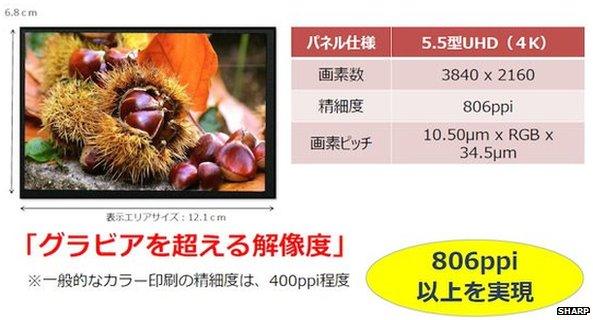
Sharp's new screen trumps a 736ppi 4.1in display it announced last year
Several TV and projector manufacturers are promoting the new format as being ideal for 55in or bigger televisions that families can sit close to, and cinema screens.
One challenge with introducing it to a handset is that higher resolutions typically take a greater toll on battery life.
But Sharp promotes the Igzo (Indium gallium zinc oxide) tech used in the displays as being more energy efficient than the silicon-based LCD screens commonly used in smartphones and tablets, which should help offset their power demands.
With smartphones becoming capable of filming in 4K, Mr Coulling also suggested there would be an energy trade-off that could benefit users watching back such videos.
"You will be able to show 4K content natively on the screen, which means you won't need to process it to get it to display properly."
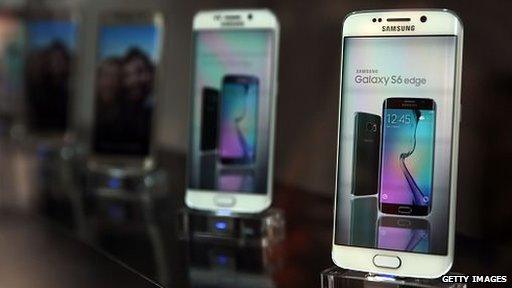
Samsung's Galaxy S6 Edge features what is currently an industry-leading 577 pixels per inch
He added that he believed smartphone-makers would be keen to promote their handsets as being 4K-enhanced, whatever the true benefit, for marketing reasons.
Greek news site Techblog.gr - which was among the first to report the news, external - said that Sharp planned to put the displays into mass production next year, and expected Chinese manufacturers to be among its first customers.
While consumers have still to get to grips with 4K, parts of the tech industry are already racing ahead to a next-generation standard.
Camera-maker Red has just announced an 8K video camera, external, offering 16 times the resolution of 1080p HD.
However, its $59,500 (£40,575) cost is likely to limit its appeal to film-makers.
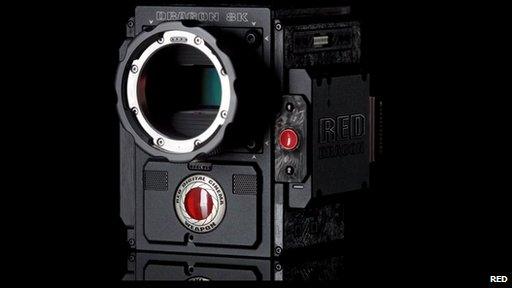
Red's 8K camera is targeted at professionals, but signals where video technology is heading
- Published1 April 2015
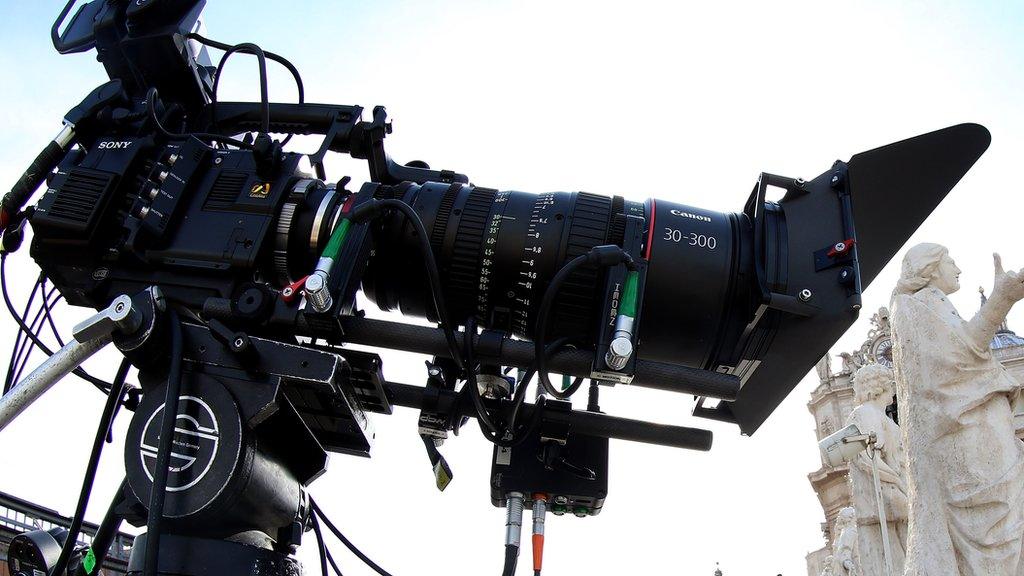
- Published8 April 2015
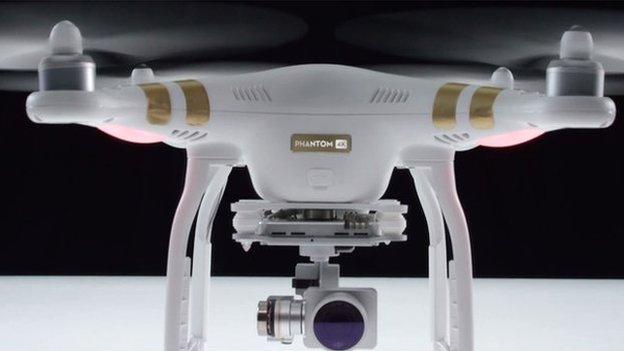
- Published1 March 2015
